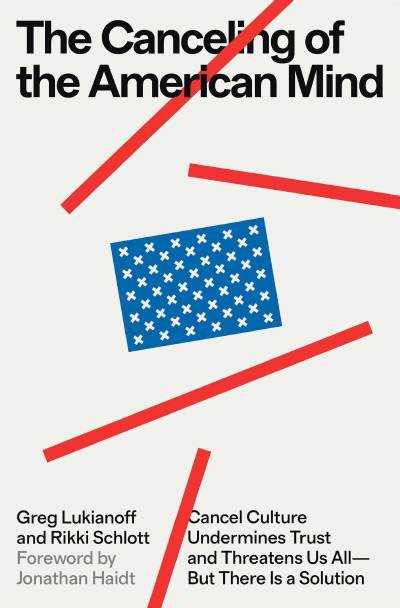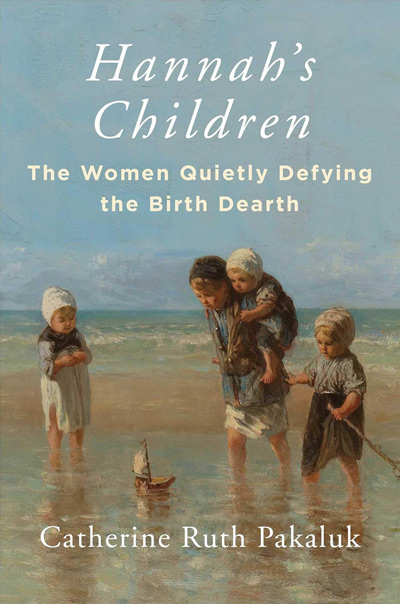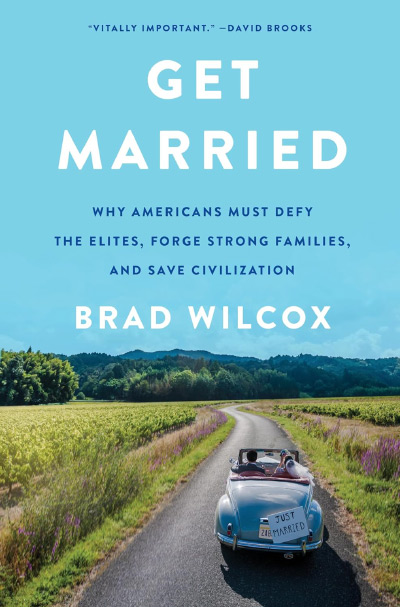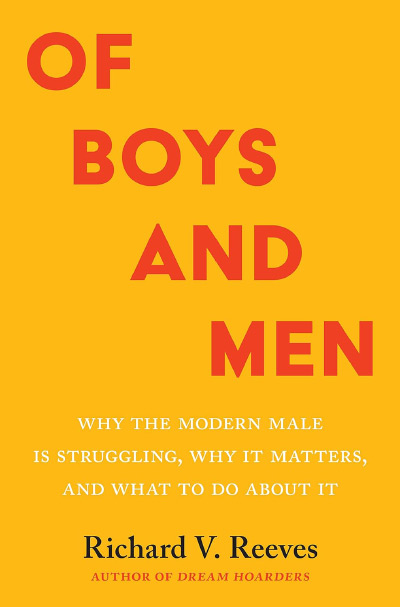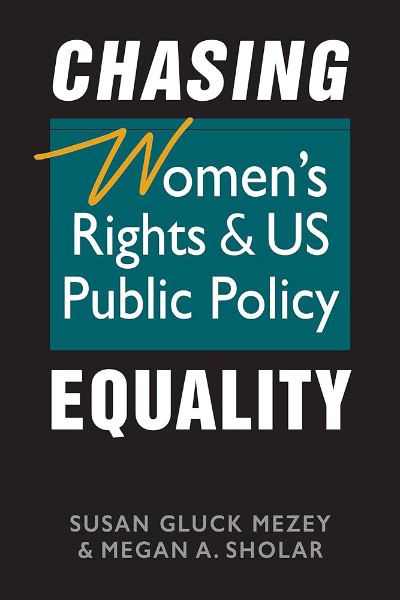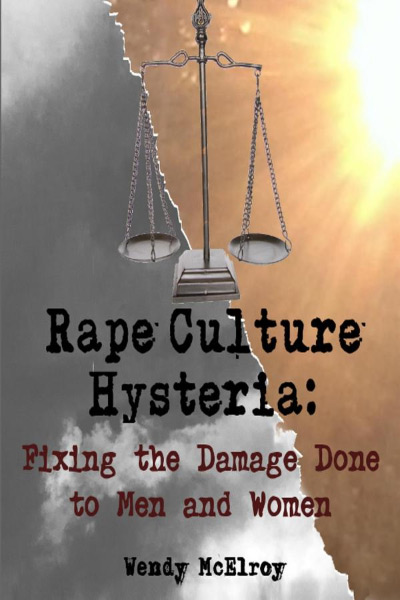Jordan Peterson’s emergence as a cultural and intellectual icon is no accident. Peterson’s commentary on the human condition developed for years and became especially timely when Peterson (and most conservatives) felt that the social foundations of the West were under siege. A clinical psychologist and former professor at Harvard and the University of Toronto, Peterson took emeritus status in leaving Toronto and is now a truly public intellectual, traveling widely to offer “antidotes to chaos” (the subtitle of his first rules book) to overflow audiences of young adults, mainly males and often college students, such as me.
12 Rules for Life, Peterson’s first book of rules, was distilled from a set of 42 essays published on the website forum Quora. 12 Rules earned wide readership and launched Peterson to cultural and intellectual significance. Proof that interesting writing gets read, Peterson talked about humans and lobsters, drawing on the animal kingdom to discuss dominance hierarchies as sources of stability and peace. He took on an increasingly dire issue, the degradation and marginalization of males in modern society, a reality that produces tragedy more frequently and at scale.
His sequel, Beyond Order: 12 More Rules for Life, builds off the first set of rules, while introducing entirely new ones. Peterson explains in the “Overture” that Beyond Order aims to explain “how the dangers of too much security and control might be profitably avoided” (p. xxv). Different from 12 Rules, Beyond Order looks at the opposite end of the spectrum of chaos and order: too much order. “Nonetheless, all states of order, no matter how secure and comfortable, have their flaws...the order we strive to impose on the world can rigidify as a consequence of ill-advised attempts to eradicate from consideration all that is unknown. When such attempts go too far, totalitarianism threatens, driven by the desire to exercise full control” (p. xxiv). Ultimately, Peterson is after balance—a balance where we “keep one foot within order while stretching the other tentatively into the beyond” so that we may orient ourselves towards meaningful pursuits and not fall subject to the dangers of complacency (p. xxvi).
The powerfully organic popularity Peterson has amassed is anchored in his thematically core discussion of responsibility. He reflects, “I became increasingly aware that the mention of one topic in particular brought every audience (and I mean that without exception) to a dead-quiet halt: responsibility” (p. 160). Peterson asserts that individual responsibility is the source of “the meaning that sustains life” (p. 161). Today, young people, from whom responsibility is not expected nor sought, have fallen vulnerable to “easy answers and... resentment” (p. 161). Young people, to Peterson, are the foundation and future of society, therefore the educational responsibility of society to each young individual is of the upmost importance.
According to Peterson, “The inculcation of responsibility [is] the fundamental purpose of society. But something has gone wrong. We have committed an error, or a series of errors” that have led to a generational sense of entitlement as one of the privileges of democratic society (p. 161). He sees young people as wandering aimlessly, falling prey to what they believe is “owed by society” (p. 161). As a result of over-protective parenting that deprives young people of the tools to handle the evils of the world, they fall prey to its ideologies and isms, which substitute for free and original thinking. Peterson fully understands parents’ desire to shelter their children but argues that despite children’s vulnerability, parents must help to “foster their autonomy and push them out into the world” (p. 374). The way to do this is by shouldering “a noble burden” (p. 161).
Connected to every rule in Beyond Order is the social value of responsibility broadly and the developmental value of individual responsibility particularly. A core necessity of a healthy, happy life and a healthy, happy society, Peterson sees the assumption of responsibility as the source of gratitude and direction, but the absence of responsibility as the source of resentment.
Rule I, “Do not carelessly denigrate social institutions or creative achievement,” mandates that we strike a balance between liberalism and conservatism. Rules “ensure social harmony and psychological stability, they make the creativity that renew[s] order” (p. 36). Departing from rules creates a “complete absence of responsibility, which is simply not commensurate with genuine freedom” (p. 36). Amid political division, Peterson dictates that the balance we seek must also come in political form, liberal and conservative: “Respect for creative transformation must in consequence accompany appropriate regard for the problem-solving hierarchical structures bequeathed to us by the past” (p. 29). Peterson advises us all, and his advice is quite timely, not to let resentment distract us from the social importance of rules towards responsibility, because responsibility can lead us to “use judgement, vision, and truth that guides conscience to tell what is right, when the rules suggest otherwise” (p. 47).
Peterson reckons with the non-political realms where this nihilistic attitude can sprout as well. Rules XI and XII: “Do not allow yourself to become resentful, deceitful, or arrogant” and “Be grateful in spite of your suffering” (pp. 303, 355). Therefore, “The right attitude to the horror of existence—the alternative to resentment, deceit, and arrogance” is that there is a society full of people working towards marginally improving their own lives, and the lives of others. This means that if each individual is working to marginally improve their own life, the macro community improves as well. Peterson equates self-deceit (lying to yourself) with perpetuating “addiction” (p. 352). This may seem far-fetched; don’t we all fool ourselves sometimes? To Peterson, this merely delays the inevitable, hence it is our responsibility to ourselves to “not hide unwanted things in the fog,” (p. 89, chapter title).
Confronting the evil world we live in is no easy task. “Human beings have the capacity to courageously confront their suffering,” Peterson emphatically states, noting that it is also a form of self-deceit to actively avoid the challenge ahead (p. 355). “If you confront the limitations of life courageously, that provides you with a certain psychological purpose that serves as an antidote to the suffering” (p. 356). By symmetry, in not confronting the challenges of life headfirst, we serve the opposite purpose of perpetuating our own suffering. Peterson urges us to tackle the challenges that appear before us. He further explores this notion with a sub-chapter titled: “Courage—But Subordinate, Love” (p. 370). To Peterson, courage is an essential component comprising love, and it is love that conquers the challenge.
Peterson draws on stories and his clinical practice as a psychologist to illustrate his rules for life. Different from Carl Jung and Sigmund Freud, two of the thinkers to influence Peterson, he finds that there is great importance in community. In his clinical practice, Peterson will “assess the position of all my new clinical clients along a few dimensions largely dependent on the social world” because the social world orients and comprises who we are (p. 5). Peterson even likens the economic principles of scarcity and opportunity cost to our own pursuits, and so one must choose a path because “those who do not choose a direction are lost” (p. 188). He continues, noting that without a direction, “cynicism about the future rationalizes the avoidance and deception. That is hell” (p. 232).
Beyond Order recognizes the importance of stories and experiences for us all. Peterson writes “Learn from the past. Or repeat its horrors, in imagination, endlessly” (p. 230). We have all heard this since middle school. It is why society teaches history. Peterson also claims that “we must recollect our experiences and derive from them their moral. Otherwise, we remain [in] the past” (p. 232). In order for us to derive good from our past experiences (especially if they are troubling) we must recount these events. Peterson illustrates this through the experience of a client, who, following a traumatic event, would physically manifest his psychological symptoms. It was only through recalling the past that he reoriented his mind. Peterson explains, “If old memories still upset you, write them down carefully and completely” (p. 229, chapter title).
Peterson’s 12 More Rules for Life is no magic rulebook and the rules are certainly not commandments by which to live. His aim is to guide readers to find their own answers. His rules are broad and he never fails to include stories—either in mythical form or from his clinical practice—from which he can connect each rule to human history. Eight of Peterson’s rules in Beyond Order use a form of “you”—this is no coincidence: all persons are unique and carefully orient themselves to their own unique world. His concern is, indeed, with YOU. “Voluntarily confront what stands in your way” and “you will find a story that is meaningful and productive” (pp. 86, 87, emphasis added). If you aim for the highest, as Peterson told me when I watched him speak in Durham, North Carolina just a few months ago, “you will be the hero of that story” and you will ameliorate your life and improve someone else’s.
RULE 1: Do not carelessly denigrate social institutions or creative achievement
RULE 2: Imagine who you could be, and then aim single-mindedly at that
RULE 3: Do not hide unwanted things in the fog
RULE 4: Notice that opportunity lurks where responsibility has been abdicated
RULE 5: Do not do what you hate
RULE 6: Abandon ideology
RULE 7: Work as hard as you possibly can on at least one thing and see what happens
RULE 8: Try to make one room in your home as beautiful as possible
RULE 9: If old memories still upset you, write them down carefully and completely
RULE 10: Plan and work diligently to maintain the romance in your relationship
RULE 11: Do not allow yourself to become resentful, deceitful, or arrogant
RULE 12: Be grateful in spite of your suffering




